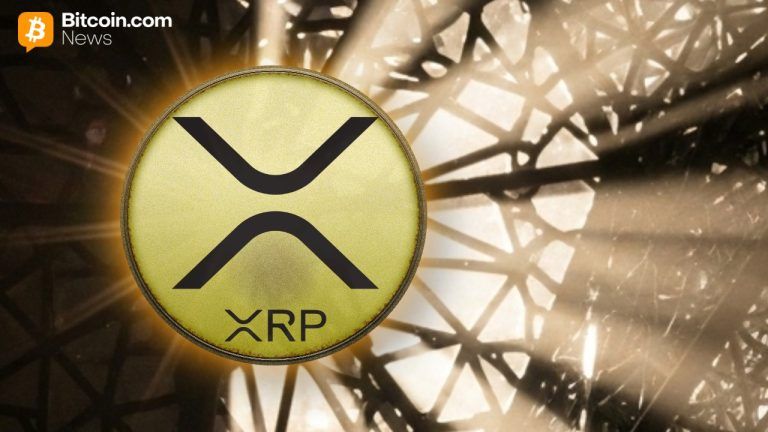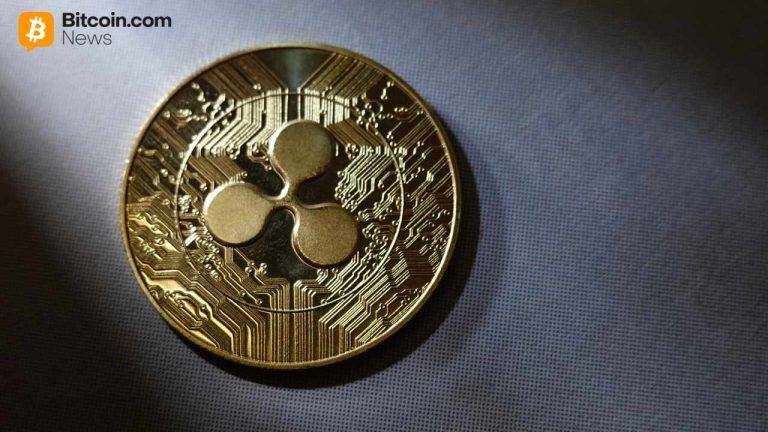ARTICLE AD BOX
Today, Cyber Capital founder and CIO Justin Bons came to the defense of Solana (SOL). He addressed concerns that have emerged regarding its economic design. Some critics have raised alarm bells, comparing Solana to the ill-fated Terra Luna, a blockchain project that collapsed in 2022. However, Bons dismissed these comparisons as exaggerated and baseless.
Justin Bons On Solana Economics
In a detailed post on X, he argued that SOL’s economic structure is fundamentally sound and significantly different from Terra Luna’s flawed model. Bons emphasized that the “fear-mongering” surrounding the network’s economics is unfounded.
“The fear-mongering around SOL’s economics is FUD! Some people are acting as if SOL is the next LUNA… A ludicrous assertion, bordering on hysteria, considering that SOL has a conventional economic design,” he wrote.
Also, Bons pointed out that the top altcoin’s current inflationary model, which involves a long-term inflation rate of 1.5% and a 50% burn rate of the base fee. He noted that it ensures sustainability while also allowing for scarcity. “It is perfect, as tail inflation ensures long-term sustainability while the burn allows for scarcity,” he explained.
One key distinction between Solana and Terra Luna, according to Bons, is that the former follows the economic principles seen in established blockchain projects like Bitcoin (BTC) and Ethereum (ETH). “An initial ‘bootstrap’ phase in terms of inflation is normal; that is how BTC, ETH & almost all other blockchains have worked in the past. High inflation that steadily decreases over time,” he noted.
Bons added that the network has implemented a design similar to Ethereum’s EIP-1559. Whilst, he also spotlighted the significant difference of SOL’s architecture is scalable, while Ethereum’s scalability remains a challenge.
SOL Vs. Emerging Blockchains
Addressing concerns about the distribution of SOL tokens, Bons argued that the networks upcoming unlocks are more favorable than those of other emerging blockchains. He nentioned as Aptos (APT), Sui (SUI), and Sei (SEI) in particular.
“The token distribution is also not abnormal… SOL is actually in a much better position compared to the latest generation of parallelized competitors,” Bons stated. A user, however, pointed out that Solana’s 50% burn rate had recently changed.
In response, Bons clarified, “You are mistaken; only the priority fee burn was removed… Most fees will come from the base fee anyway, as SOL can scale its base layer!” Currently, the Solana price is showing a rebound. At press time, the crypto gained 1.13% to $132.49 on Tuesday, September 17.
Also Read: Terra Luna Classic Community Passes Key Proposal, LUNC To $0.0003?
Kelvin Munene Murithi
Kelvin is a distinguished writer with expertise in crypto and finance, holding a Bachelor's degree in Actuarial Science. Known for his incisive analysis and insightful content, he possesses a strong command of English and excels in conducting thorough research and delivering timely cryptocurrency market updates.
Disclaimer: The presented content may include the personal opinion of the author and is subject to market condition. Do your market research before investing in cryptocurrencies. The author or the publication does not hold any responsibility for your personal financial loss.
 (1).png)
 1 year ago
496418
1 year ago
496418








 English (US) ·
English (US) ·